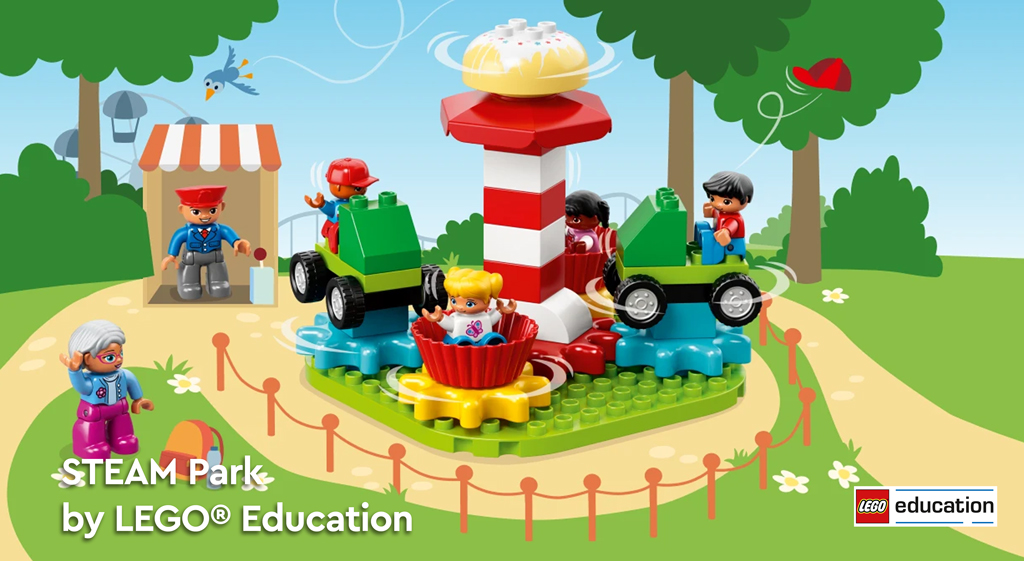Innovative Interest-Based Education Plays a Role in Early Childhood Development
Interest-based learning (IBL) is an educational approach that puts student passions and interests at the center of the learning process. Instead of traditional, prescribed curriculums, it allows learners, including those in early childhood development, to delve into topics that spark their curiosity and drive their desire to learn.
Student-centered Approach:
The usual strict lessons disappear in a special classroom where students, including those in early childhood development, are in charge of their education. Instead, everyone follows their unique path of learning. Picture Liam using a robot from Matatalab called Tale-Bot Pro. He instructs the robot to navigate a ‘maze’ by giving it voice commands. But it’s not just a game for Liam; this activity is his first try at coding. Thanks to Matatalab’s easy coding set, Liam is learning, creating, and discovering how coding works with the friendly Tale-Bot Pro.
Seeking Information:
In inquiry-based learning, preschoolers in early childhood development don’t just memorize facts like usual. Instead, students become curious investigators, asking questions like “why?” and “how?” They learn by researching, trying things out, and checking if their ideas work. This helps them learn to think critically and solve problems at a young age. It’s not about always having the right answer; it’s more about enjoying the process of discovering new things.
Collaborative Framework:
Active learning through collaboration involves students in early childhood development to engage with their peers and jointly explore concepts. Students bring diverse perspectives and skills to the learning process through group discussions, projects, and shared problem-solving. This collaborative approach enhances their comprehension of the subject matter and develops crucial interpersonal skills such as communication and teamwork. It fosters an environment where students learn from one another, encouraging a deeper understanding of the material and preparing them for future collaborative endeavors in various aspects of life.
Flexibility and Adaptability:
Flexibility and adaptability involve an ongoing dialogue between early childhood development educators, parents, and the child. By staying attuned to the child’s evolving interests, adjustments can be made to the curriculum and activities, ensuring continued engagement. This dynamic approach acknowledges that children’s passions may shift, encouraging a learning environment that remains attuned to their developmental stages and changing interests, fostering a sense of enthusiasm for learning.
Experiential Learning:
Hands-on and experiential learning in an approach that immerses children in practical, real-world experiences, creating a tangible connection between theory and application in the early childhood development phase. Children absorb information through experiments, projects, and interactive games and develop analytical capabilities. Field trips provide firsthand exposure to diverse environments, enriching their understanding. This active participation enhances retention, as children learn by doing, fostering a deep and lasting comprehension of the subjects aligned with their interests.
Celebrating Milestones:
Celebrating achievements in an interest-based learning approach creates a supportive and affirming scenario, boosting a child’s confidence and motivation. Acknowledging even small milestones fosters a positive attitude toward learning, encouraging a growth mindset. Regular assessments track academic progress and provide valuable insights into a child’s evolving interests and learning styles. This feedback loop allows educators and parents to refine the learning plan, ensuring that it remains tailored to the child’s needs and aspirations. By emphasizing the joy of learning and individual accomplishments, interest-based education cultivates a lifelong love for acquiring knowledge.
So, teachers, are you ready to transform your classroom into a dynamic space of exploration and individualized learning through the power of interest-based education?






Recent Comments